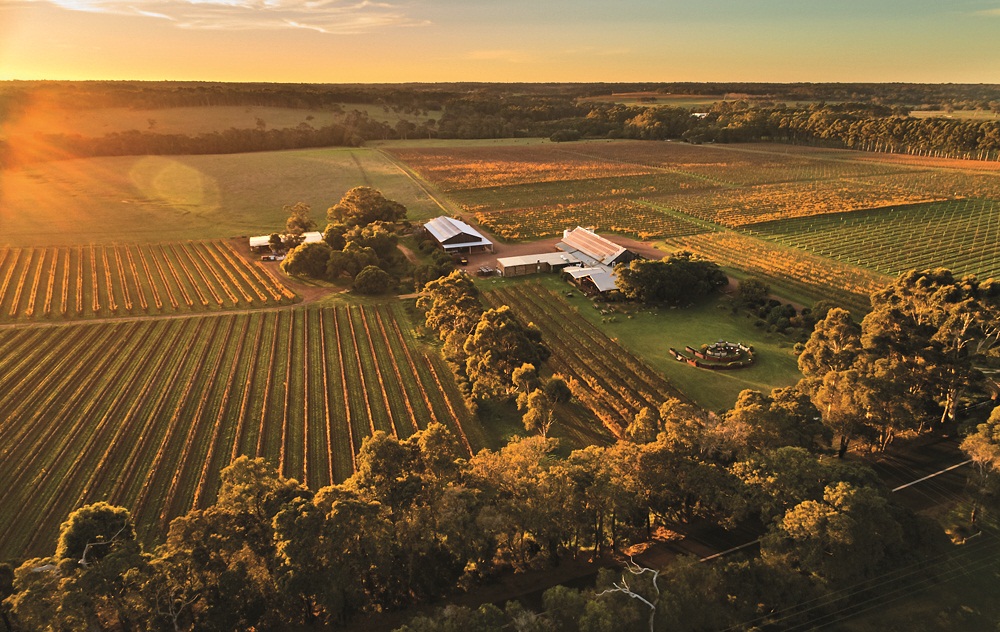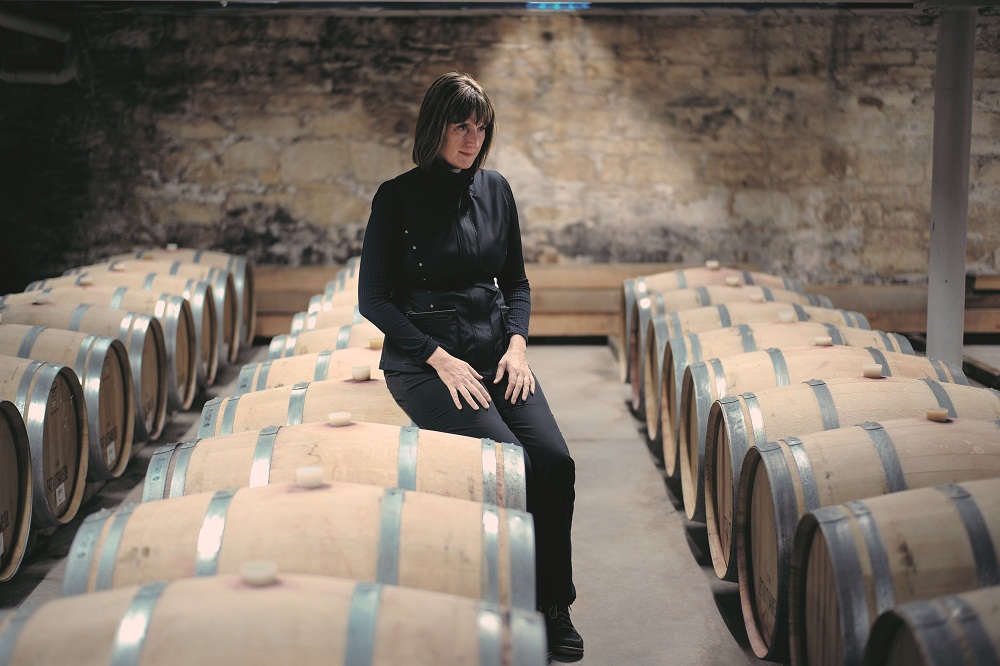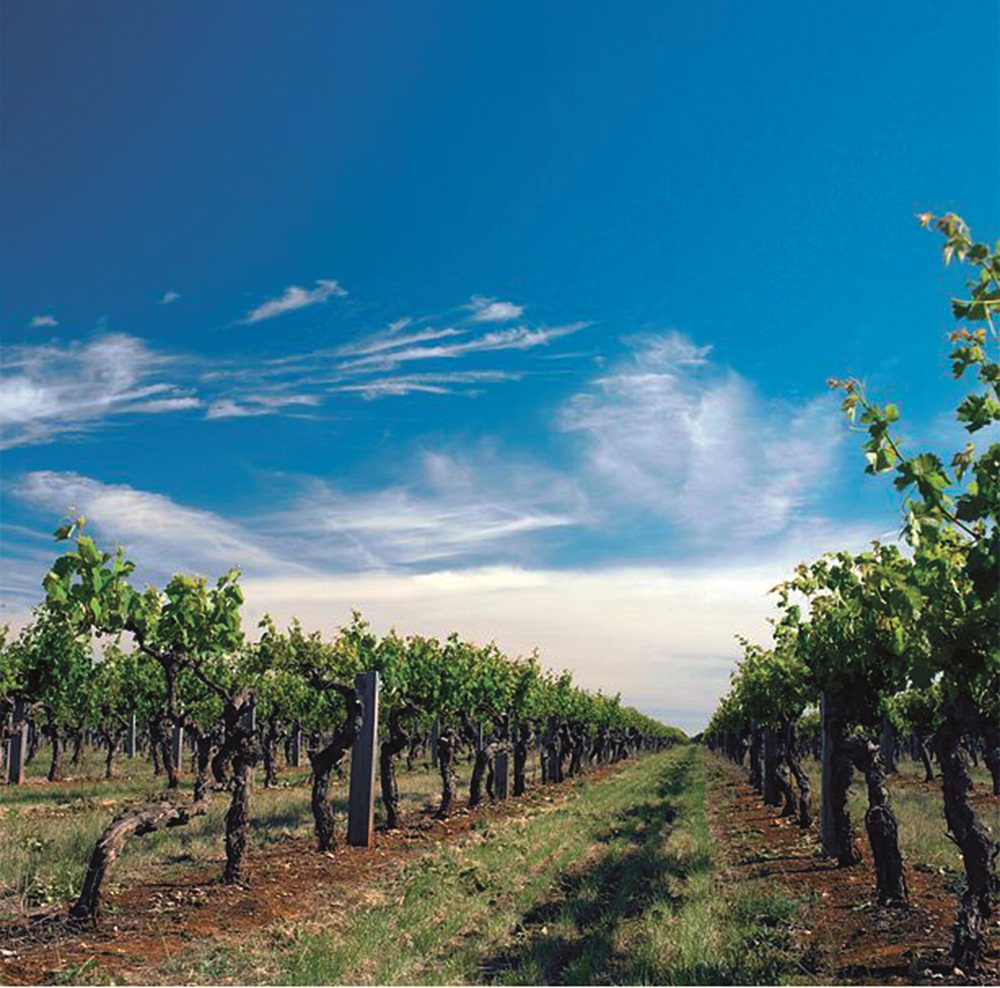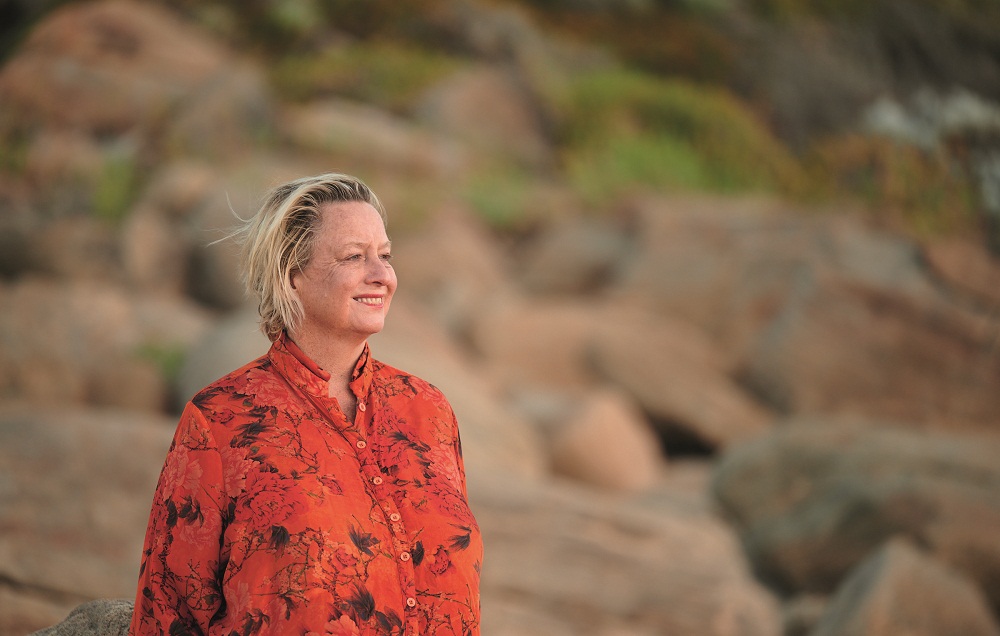Here are three women winemakers in Australia who are levelling the playing field and inspiring a generation of younger winemakers across the globe.

From afar, it may seem that an increasing number of Australian women are helming the wine sector. But that impression belies hard numbers and facts. The 2016 census conducted by the Australian Bureau of Statistics found that overall employment of women in the wine sector is still well below 50 per cent¹. When it came to senior viticultural roles, the percentage dropped down to an estimated 8 to 10 percent.
The same year, celebrated Australian wine writer Jeni Port revealed the results of the first-ever International Women in Wine survey which highlighted key issues across the winemaking world. Lower pay, unfair treatment over maternity and childcare issues, sexist and misogynist workplace behaviours came up as deterrents to women’s progress in the industry.
While no further surveys have been commissioned since then, Curtin University professor Jeremy Galbreath’s latest paper from 2020 found “increased opportunities for females, which have led to stronger roles for women” in the wine industry. He also highlighted the attribute of sensitivity, detail-orientation and self-efficacy as differentiating traits in women.
“We have an equal number of men and women coming out of oenological degrees,” says Jane Thomson, founder and chair of the Australian Women in Wine Awards (AWIWA). “We have no trouble attracting women to the wine industry but somewhere between graduation and getting to the crux of their career, they leave. What we have is a massive talent drain.”
The AWIWA shines the spotlight on women in wine – as winemakers, viticulturists, marketers, cellar door managers, and more. Thomson and the AWIWA board are actively engaged in creating a more equitable workplace.

To celebrate the talented women and their achievements, I spoke to three stalwart winemakers who lead the fray in Australia: Vanya Cullen of Cullen Wines; Sarah Crowe of Yarra Yering; and Sue Hodder at Wynns; and found common themes. All three are nurturers who believe that wine is made in the vineyard, and that they are custodians of the land entrusted with its care. Collectively, they produce some of the best wines coming out of Australia.
SARAH CROWE, CHIEF WINEMAKER
YARRA YERING, VICTORIA

Sarah Crowe, chief winemaker at Yarra Yering, was the first woman to win the 2017 Halliday Winemaker of the Year award, and Gourmet Traveller Wine 2021 Australian Winemaker of the Year.
She started as a horticulturist. Inspired by a trip to French vineyards, she cold-called Brokenwood winery in Hunter Valley for a job in 2001. That was the beginning of Crowe’s wine career. Eleven years later, she applied for the winemaking job at Yarra Yering and hasn’t looked back.
The legacy of Yarra Yering is tied with Dr Bailey Carrodus, who established the 28-hectare property in 1969, and Crowe is a natural successor. “My aim has been to continue to respect the vineyard the same way that he did,” she says, while adding a few changes in keeping up with the times. “We are using less new oak than he did, and less extraction of the grapes.” Her style calls for less of the winemaking hand and more of the vineyard attributes.
She works closely with vineyard manager Andrew George, and practises dry farming. “A little bit of equity in the vineyard can give us a big improvement in wine quality,” she highlights. One of her greatest creations is the near-impossible blend of pinot noir and shiraz that she launched in 2015. The wine harked back to her days in the Hunter Valley. Crowe shares, “This was a really yummy wine that connected me to my winemaking past. We had made a different style of wine for Yarra Yering which didn’t require cellaring or a special occasion to drink it.” James Halliday called it “a marriage made in heaven”.
As Crowe found herself catapulted to fame, she has used her platform to mentor women coming into winemaking. She is a part of the Yarra Valley wine woman’s group, which raises awareness of women’s activities in wine. In her role as a chair at various wine shows across Australia (she insisted on a gender-neutral term, Chair, instead of Chairman of the show), she fosters and encourages new judges (men and women) to be keenly aware of the gender imbalance within the system.
She calls on businesses to be more flexible with working hours and parenting duties. Having witnessed a rising awareness in the industry to “correct the wrong”, she is hopeful of the future which comes with a generational change. “I like to think that the generation behind me will have a much more level playing field,” she states.
SUE HODDER, SENIOR WINEMAKER
WYNNS, SOUTH AUSTRALIA

2022 marks Sue Hodder’s 30th vintage at Wynns. A native of Alice Springs and a graduate of Roseworthy College Adelaide, Hodder grew up in an agricultural family and gravitated naturally to winemaking.
During her tenure, Hodder was named Gourmet Traveller Wine magazine Winemaker of the Year in 2010 (a joint award with Wynns viticulturist Allen Jenkins) and won the Woman of Inspiration award at the 2017 Australian Women in Wine Awards.
Wynns is a heritage brand established in 1890 by John Riddoch. The winery owns 500 hectares planted with mainly cabernet sauvignon and shiraz.
Hodder’s legacy is tied to the extensive vine rejuvenation program she took on with her winemaking colleague of 20 years, Sarah Pidgeon and Jenkin (who recently retired). “Over the time I’ve been here, we acknowledged climate change; we’ve rejuvenated our old vineyards,” she says. “We’ve collaborated heavily with our neighbours, our winemaking friends around the world. We’ve referred to the past, and we’ve learnt a lot.”
She is also the custodian of 100-year-old phylloxera-free vines, and their preservation is a responsibility she takes very seriously. “Old vines bring gentleness to the wines, a beautiful perfume and lightness. We need to make sure that we can look after the growing environment sustainably to ensure that future generations have these lovely old vineyards.”
Also, to her credit is Wynns’ return to the medium-bodied wine style. A tasting of the 1960’s Wynns wines inspired her to go down this path. “The Wynns 1960s wines were beautiful, medium-bodied wines, low oak, light and lovely. And they were still ageing so well,” she recalls.

“Thirty years ago, big powerful wines were everything. We are so fortunate that there is a genuine interest in medium body wines that age well.”
On women in wine, she is fortunate to have Pidgeon working with her for two decades. Both winemakers are involved in mentoring programs with schools of the community. She believes her responsibility is to younger kids, both girls and boys, “to make a case for living and to work in regional and rural Australia.”
When asked how she would define her era, she says, “I guess the Sue Hodder era has been about collaboration.”
VANYA CULLEN, CHIEF WINEMAKER
CULLEN WINES, MARGARET RIVER

“The whole journey really has always been about nature, and great wine comes from the land,” says Vanya Cullen. Her connection to the soil and the earth is almost spiritual.
Brought up by winemaking legend Diana Cullen, Vanya Cullen took over the reins of the vineyard in 1983 and became chief winemaker in 1989. “When I started, there was no one other than my mother,” she says. Since then, there have been more female winemakers in Margaret River.
She farms her lands biodynamically, a practice she adopted in 2003. “Back then, people were hostile”, she recalls, adding that they sniggered at the winery’s natural ways. Many decades on, she is the most respected authority in Australia on biodynamic and organic farming, and is celebrated for her work with a litany of awards and accolades.
“It’s something I never dreamed that I would live through. The shift from 2003 when we went biodynamic and had to justify and prove everything all the time, to now, when people PHOTOS COURTESY OF YARRA YERING, WYNNS AND CULLEN WINES are accepting of organic and biodynamic practices and understand the differences more and more.”
She has transformed her boutique vineyard to be carbon positive, naturally powered and environmentally sustainable. “We’ve been carbon positive since 2019 as our soils are sequestering. This is a staggering thing about regenerative agriculture. If you look after the land, we can reverse climate change,” she adds.
Cullen pays tribute to her mother and grandmother, Grace Madeline – a suffragette – in her wines. The Diana Madeline Cabernet Merlot sits at the top rung of Australian wines, and Grace Madeline’s name is attributed to the sauvignon blancsemillion blend.
Gender representation is of utmost importance to her; it is her legacy. However, she says inequality and injustice does not just affect women but the environment as well. “People look at Earth as something they can get something from rather than something they can give back to,” she says. That is why at this moment in time, the urgency of her mandate is climate change.